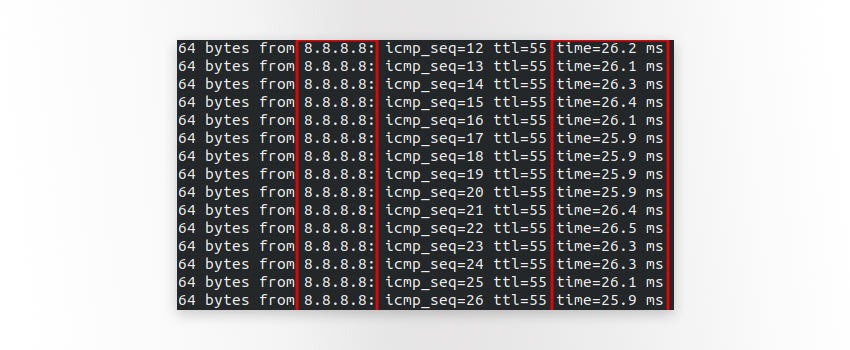

A router is the grand poobah of a network, and 802.11n (or the even slower 802.11g) gear simply cannot keep up with the demands of today’s high speed games. Just like you would not game with a basic five dollar mouse designed for word processing, it’s preferable to have something a little more substantial than the basic router your ISP gives you. Though it’s less desirable, wireless is increasingly used by a significant number of gamers, with the understanding that the convenience of wireless has a higher latency, lower security, and reduced stability compared to a wired connection. However, given the configuration of so many houses, only the most dedicated will be moved to renovate just for network considerations. Wired Ethernet should be your first choice when it comes to connecting your PC to your network. However, CAT6 offers less interference over longer distances than CAT5e. If you have a bunch of CAT5e lying around, use that. In the vast majority of cases, CAT5e or CAT6 Ethernet cabling will be more stable and offer less interference. With the need for a stable, secure, and low latency connection, serious gamers will espouse the benefits of a wired connection. Routers built with gaming in mind, like this D-Link AC5300 Ultra, often offer more advanced features like QoS and MU-MIMO. For first person shooters and racing games (opens in new tab), the emphasis is on minimizing latency, which is a measure of the time it takes for a packet of data to go from one point to another. The gameplay of MMORPGs is also exquisitely sensitive to lost packets, and losing a single one can cause the game to stall. While a video stream relies on a continuous stream of large packets of data in the download direction, online gaming is based on small packets in both the download and upload directions. The real key here is to keep bandwidth dedicated to the game, and to not have lower priority traffic stealing bandwidth. With such low data requirements for online gameplay, getting a faster internet connection is unlikely to yield significant benefits unless there are other simultaneous users on the connection.

Gaming, on the other hand, consumes data on the order of 20MB to 80MB per hour of gameplay, depending on the game. Video streams such as NetFlix can consume 3GB per hour for high definition video.


 0 kommentar(er)
0 kommentar(er)
